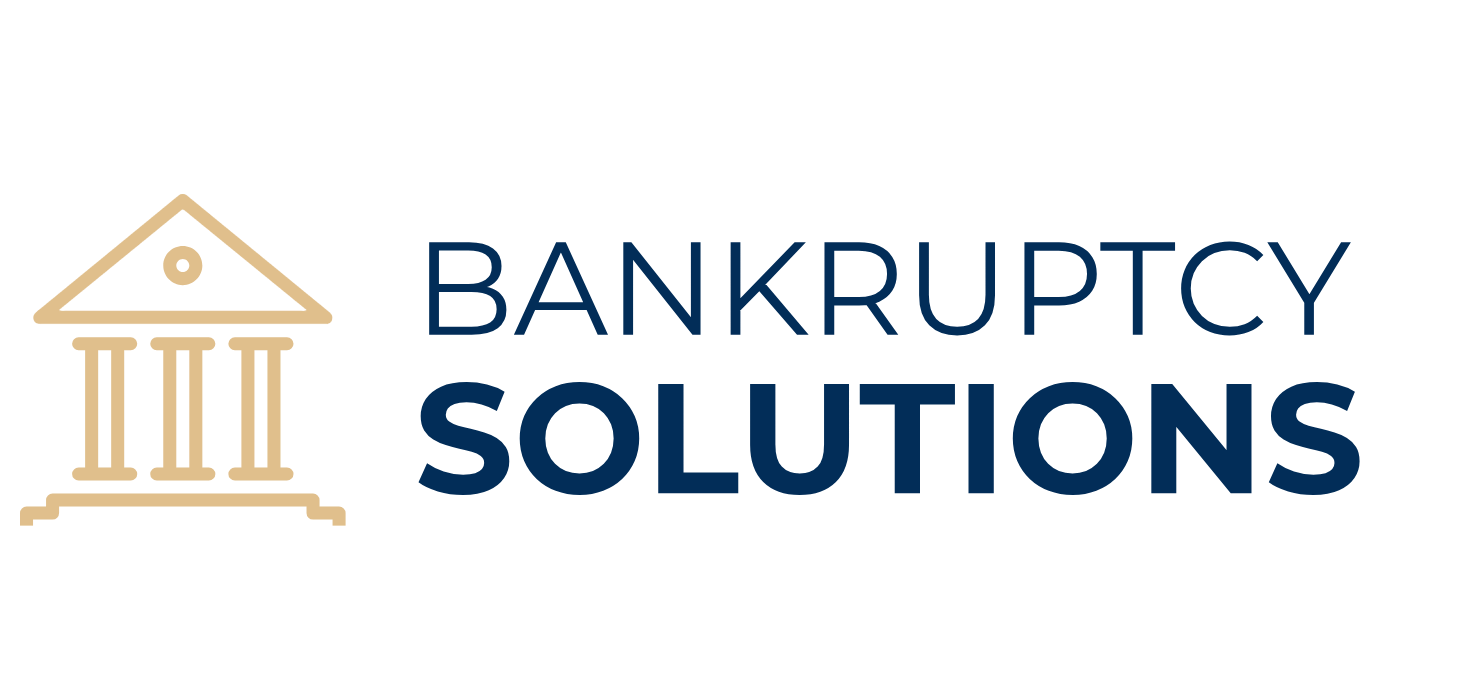Life is a journey with its fair share of financial ups and downs. While we all aspire to achieve financial stability, personal financial challenges can sometimes stand in our way. In this article, we’ll explore common financial challenges that many individuals face. By identifying these challenges, you can take proactive steps to address and overcome them, paving the way to a more secure financial future.
Common Personal Financial Challenges
1. High Debt Burden
Accumulating excessive debt, whether from credit cards, loans, or mortgages, can create a financial burden that feels overwhelming.
2. Inadequate Savings
Many people struggle with inadequate or non-existent savings, leaving them vulnerable to unexpected expenses.
3. Irregular Income
Unpredictable income can make budgeting and saving difficult, leading to financial instability.
4. Insufficient Retirement Planning
Failing to plan adequately for retirement can result in financial hardship during the later stages of life.
5. Emergency Expenses
Unexpected expenses, such as medical bills, and car or home repairs, can derail financial plans and cause stress.
6. Poor Credit Score
A low credit score can limit access to favorable loan terms, making it challenging to manage existing debt or secure new credit.
7. Lack of Financial Literacy
Many individuals struggle with a lack of financial knowledge, leading to poor financial decision-making.
Steps to Solve Personal Financial Problems
Solving personal financial problems requires a combination of discipline, knowledge, and determination. It begins with understanding your financial landscape, identifying the root causes of your challenges, and developing a strategic plan to overcome them. By cultivating good financial habits, seeking guidance from experts, and staying persistent in your efforts, you can transform your financial difficulties into valuable lessons.
So, let’s discuss the main steps:
1. Create a Budget
Begin by creating a realistic budget that tracks income and expenses. This helps identify areas where you can cut costs.
2. Reduce Debt
Develop a debt repayment plan. Focus on high-interest debts first and consider consolidation or balance transfer options.
3. Build an Emergency Fund
Start an emergency savings fund to cover unexpected expenses. Aim for at least three to six months’ worth of living expenses.
4. Plan for Retirement
Contribute regularly to retirement accounts like 401(k)s or IRAs to ensure financial security in your later years.
5. Improve Credit Score
Manage existing debt responsibly, pay bills on time, and monitor your credit report for errors or discrepancies.
6. Seek Financial Education
Invest in improving your financial literacy. Read books, take courses, or seek advice from financial experts.
7. Consult a Financial Advisor
If your financial challenges are complex, consider consulting a financial advisor for tailored solutions (such as Chapter 7).
In conclusion, personal financial challenges are a common part of life, but with awareness of bankruptcy basics and exact actions, you can navigate these problems and work towards financial stability. By addressing these issues head-on, making informed decisions, and seeking help when needed, you can achieve the financial well-being and security you desire. Remember, it’s never too late to take control of your finances and shape a brighter financial future.

